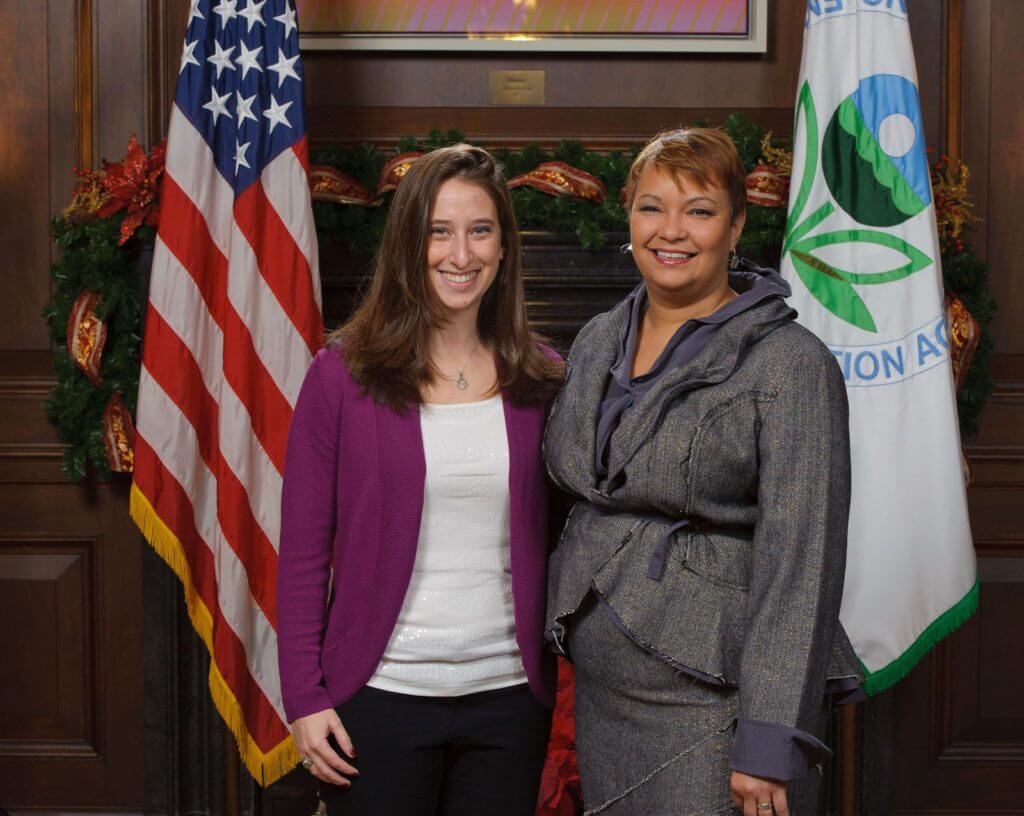Reflections: Federal Action on Environmental Justice
This year is the 30th anniversary of the 1991 People of Color Environmental Summit, where the 17 Principles of Environmental Justice were set forth. These principles, preceded by the 1987 Toxic Waste and Race Report and followed by the creation of the EPA’s Office of Environmental Equity in 1992 and President Clinton’s 1994 Executive Order on Environmental Justice, laid the groundwork for the federal action we have seen come to fruition in the last few weeks.
After George Floyd was killed last summer amidst the backdrop of a virus ravaging our country and most especially communities of color, so many people saw — understood — for the first time the structural racism that pervades our policy frameworks and economic opportunities. Climate and environmental work is not excluded from these effects. Polluting facilities are still sited disproportionately in Black, Brown, Indigenous, and low-income communities that are also more vulnerable to the impacts of climate change; big green groups are still predominately white; and historic practices like redlining continue to segregate neighborhoods.
These impacts are also why climate solutions are such an important health equity tool, and why we must center voices that have been intentionally left out of decision-making processes.
This Black History Month, more than ever, I am grateful for those champions who have come before me and have done the hard work to raise our nation’s consciousness on environmental injustice and the opportunity we have to increase health equity through climate solutions. I am joining a movement, not having to create one. I feel their expectations as we embark on the path they forged.
We still have our work cut out for us. Although the Biden-Harris administration is building a strong narrative on climate and equity, we need to work with them to make sure health is a core component of solutions and that the general public also builds the pressure to implement these solutions. Recent research from ecoAmerica shows only about 58% of Americans recognize that climate change is disproportionately harming Black, Indigenous, and People of Color.
At ecoAmerica, we are bringing these principles forward in our JEDI statement, and through the MomentUs campaign, which calls for halving carbon emissions each decade going forward, removing existing carbon pollution, and correcting racial, cultural, and economically based inequities and injustices. We recognize that if we are not actively working against racist and racist policies then we are supporting them. We hope you join us.


Rebecca Rehr, MPH, is the Director of Climate for Health at ecoAmerica. For more on this topic, listen to the Let’s Talk Climate episode on Environmental Racism, Climate Justice, and Health.